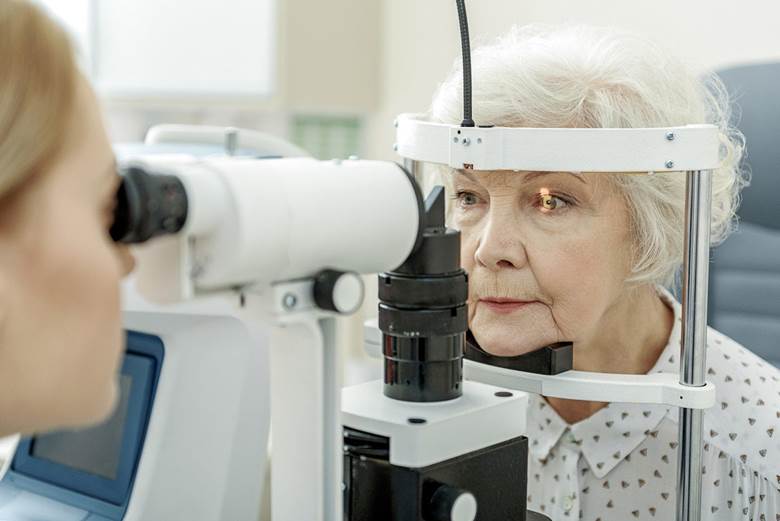Do you know if you have a higher risk of glaucoma or are curious about glaucoma hereditary? It’s a condition that can lead to minor issues early on but go undetected, but once it reaches the late stages, it can cause increased loss of vision and even complete blindness.
If you don’t know what glaucoma is, you can start by learning what it is and how to recognize the early symptoms. You should always consult a doctor if it looks like your glaucoma hereditary so that the proper treatments can begin.
Are you at high risk for glaucoma hereditary? Read on to learn about 4 common risk factors for glaucoma.
1. Age
Glaucoma hereditary is an eye disease that occurs when there is a buildup of pressure inside the eye leading to damage of the nerve that connects the eye to the brain. One of the risk factors for developing glaucoma is age. As we grow older, we are more likely to experience this eye disease.
This is due to the fact that as the human body ages, the fluids in our eyes accumulate, causing an increase in pressure and leading to glaucoma. It is important to track your eye health as you get older, as this will help to reduce the risk of developing this eye condition. Regular eye checkups with an optometrist, combined with maintaining a healthy lifestyle, are the best ward against glaucoma.
2. Race
It is thought that individuals of certain racial backgrounds are more likely to develop the disease. African Americans, Hispanics, and Asians are especially at risk. Studies have shown that these racial backgrounds tend to show higher pressure levels in their eyes, which is one of the major risk factors for glaucoma hereditary.
Yet, genetics plays a larger role than race when it comes to glaucoma. People from other racial backgrounds should still have regular eye exams to detect the onset of glaucoma, as their genetic makeup can predispose them to the disease.
3. Family History
If a family member has glaucoma, you are at a higher risk for developing glaucoma than the general population. Even if no family members have glaucoma, it can still be inherited from extended family members. It is important to be aware of family history and talk to your doctor if you feel any of the symptoms or if you are at a higher risk due to family members that have the condition.
4. Preexisting Eye Conditions
One common risk factor for glaucoma is pre-existing eye conditions. Such conditions that increase the risk for glaucoma include high myopia (nearsightedness), previous ocular trauma, and point mutations in eye proteins. A patient with any of the aforementioned risk factors should consider taking preventative actions to reduce their risk.
Alphagan is a great way to help prevent glaucoma since it results in a decrease in intraocular pressure, which can be a major contributor to the progression of the disease. Be sure to grab a coupon for Alphagan to save even more on purchases!
Learn More if You’re Wondering ”Is Glaucoma Hereditary?’
Glaucoma can be hereditary and is a leading cause of blindness worldwide. However, there are also common risk factors that can play a role such as age, family history, race, and long-term use of certain medications.
Taking proactive steps to reduce the risk of glaucoma is important as blindness caused by it is often irreversible. If you’re still asking if is glaucoma hereditary, then it would be best to consult an expert.
Explore our site for more information on how to keep your family healthy.










